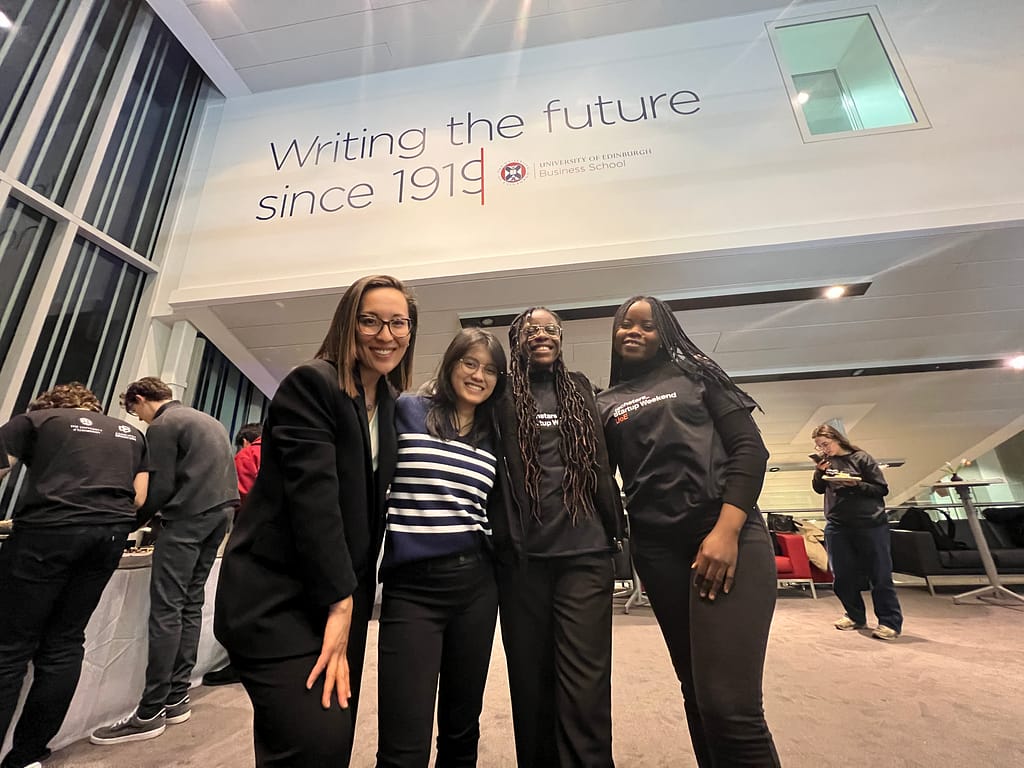Experiment, fail, learn, repeat.
Last weekend I attended Techstars Startup Weekend at the University of Edinburgh’s Business School, organised by Edinburgh Innovations. And my team won one of the three awards, for having the Most Developed Business Plan. What was our idea? It’s a smart online assistant for dyslexic students to help them read better with dyslexia-friendly fonts and write better.
Techstars Startup Weekend happens in hundreds of cities around the world, and it’s a super intensive but exciting three-day program “where aspiring entrepreneurs can experience startup life,” meet mentors, investors, network, learn from peers and even find co-founders.
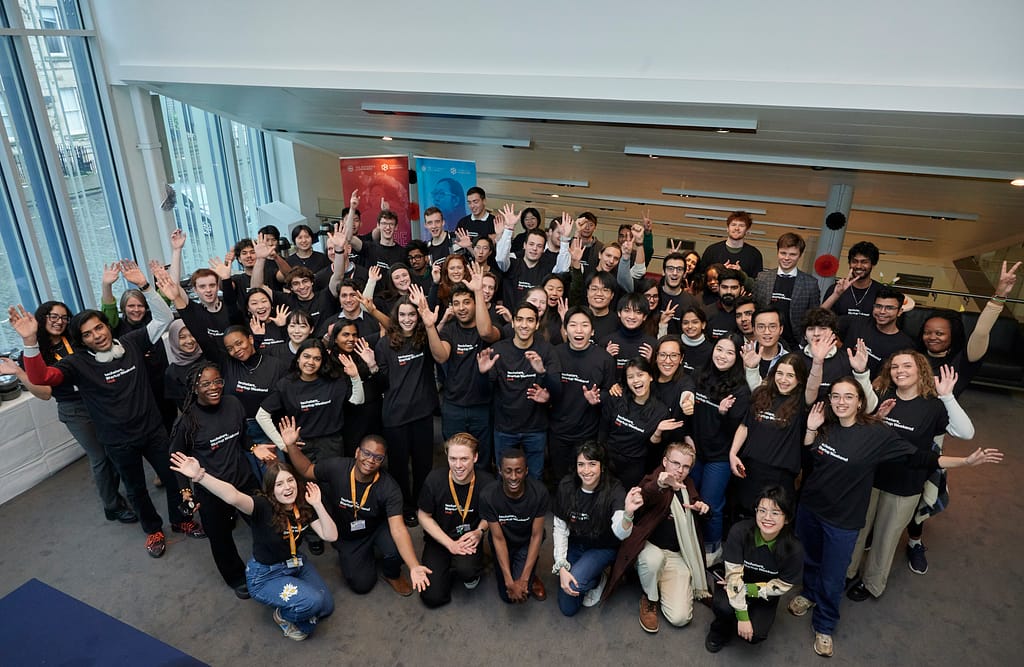
In brief, what happened during the Techstars Startup Weekend?
I had an exhausting week, and Techstars was to start by Friday of the same week.
Friday: 5pm – 9.30pm
Saturday: 9am – 10pm
Sunday: 9am – 8pm
When I looked at the event’s timing, I was almost discouraged. I didn’t know what to expect. I was thinking of several school deadlines (including my dissertation, as I’m a postgrad student studying Entrepreneurship and Innovation) and all the pending personal work I had. I almost thought, “can I just deregister myself?” But if anything has been hardwired into me as a Mastercard Foundation Scholar, it’s to honour and show up (in excellence) to all meetings I give my word to be at. And if I won’t be available, send a note much ahead of time to cancel, or better still, not accept the invitation.
I showed up to Techstars Startup Weekend and I am glad I did.
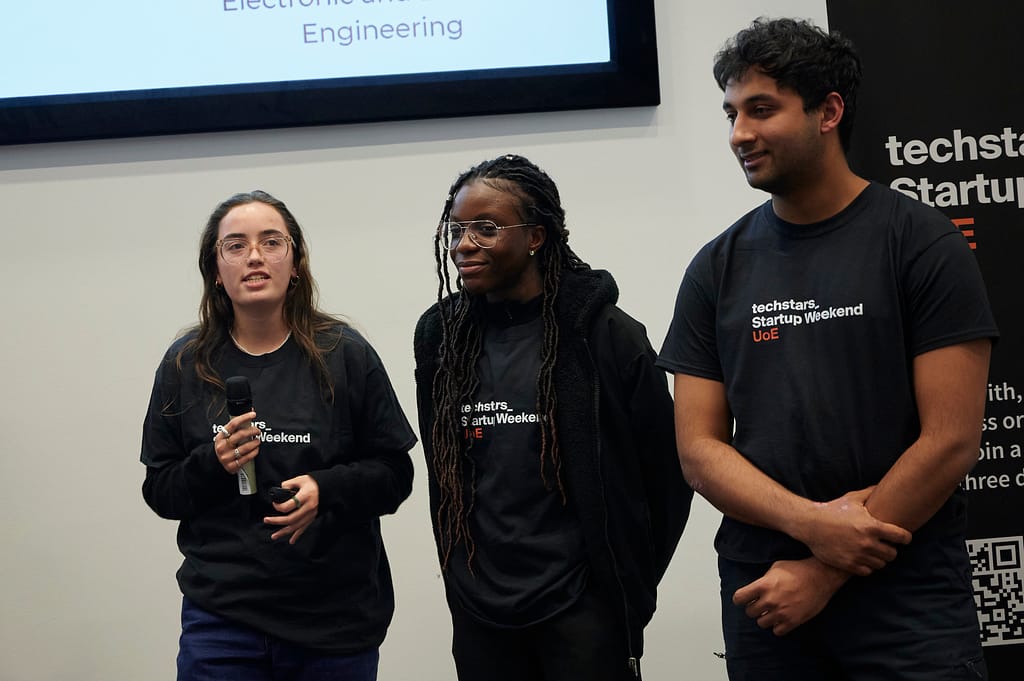


Here’s a quick rundown of the three days which went by so fast
Day 1—Finding your idea: We arrived, registered our attendance, and got name badges. I had some time to talk to random students while having dinner. After the first general session on ideation and startup-building tips, I was assigned to my team (we were a mix of undergrads and postgrads). I’d never met them before so on our first day, we all came up with a bunch of ideas and we voted for one idea to go forward with.
Day 2—Pivoting, validating a new idea and building an MVP: On day 2 we had a customer validation workshop. And by the time the team met again, we threw our first idea out of the window because we couldn’t settle on the business model and market details. Our new idea, LexiLogic was an idea Marcus came up with to help dyslexic students, and we happily ran with it. Out into the Scottish cold we went, and interviewed about 13 people or more to validate the LexiLogic idea. Then we divided the tasks amongst ourselves. I prototyped the website design on Figma, Marcus and Hamaad wrote several lines of code to build the MVP, George worked on the pitch deck, Estele worked on the slides and prepared for the pitch, Louise did a ton of research for the slides and presentation too. By Saturday night (end of day 2) we were pretty much ready and did a mock presentation with the mentors who gave us solid feedback.
Day 3—Pitching and celebration: This was the final day! We put the finishing touches on our deck, spoke to a mentor, rehearsed the pitch several times, and did some karaoke for most of the afternoon while waiting for when we would officially pitch.
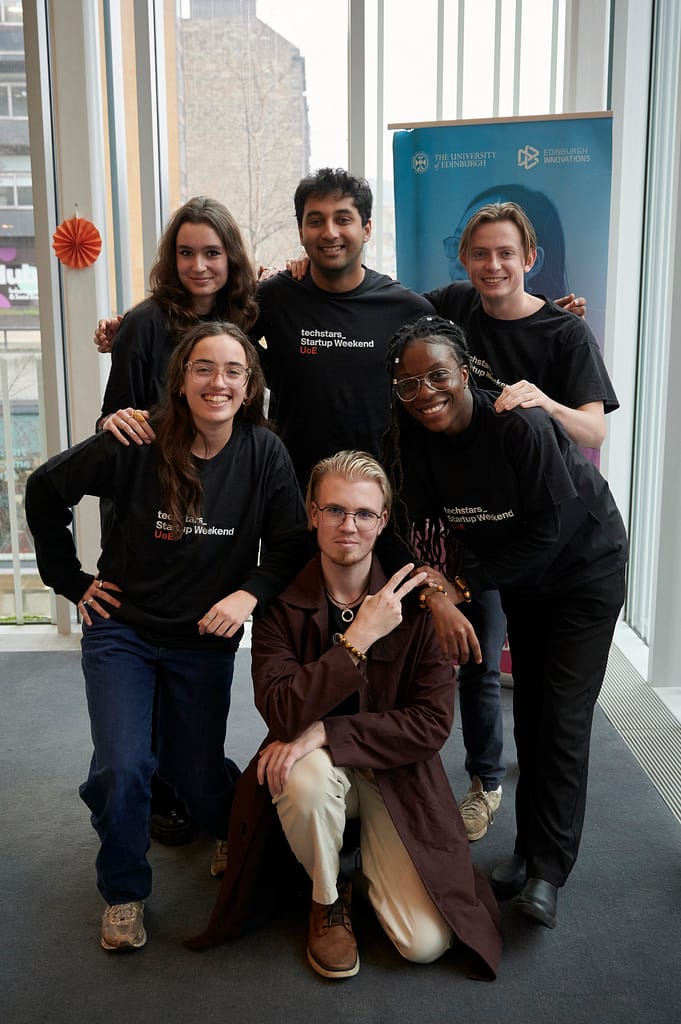
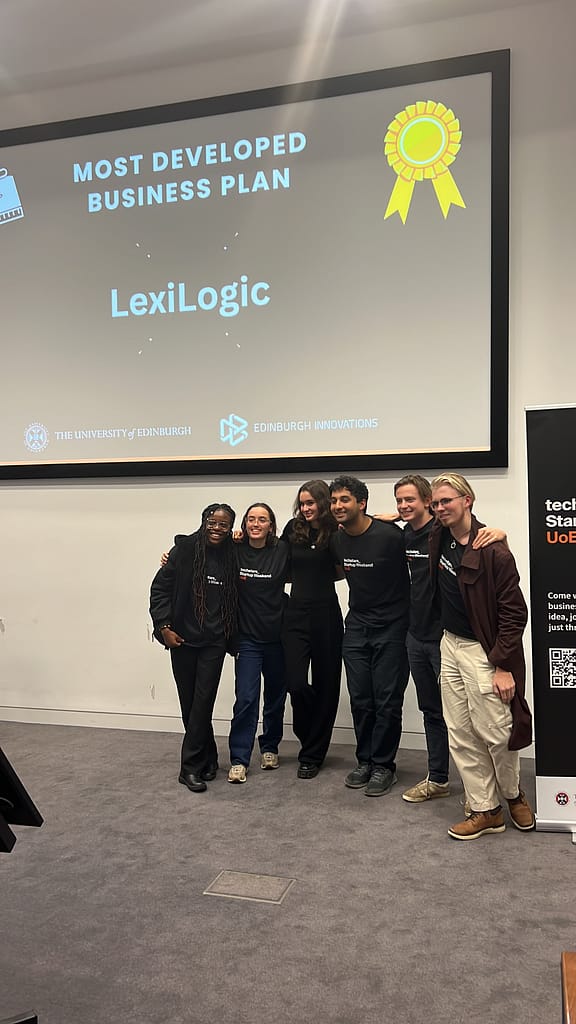
How did we manage team conflict?
Personally, I just came to have fun, learn and meet people and I think most people on my team came for a good time and to learn as well. Backstory: I began BlankPaperz Media when I was 17 and grew it to over 100,000 web users and also started GC Fund to sponsor educational and entrepreneurial training of hundreds of young people in Nigeria and parts of Africa. But I kept all that aside and really showed up for the weekend with a tabula rasa mind and heart (the mind in its hypothetical primary blank or empty state before receiving outside impressions – Merriam-Webster). And it was only three days! We had a good blend in the group, some were analytical, found gaps in the ideas and spoke up about it. And some looked out for others, advocating and asking for feedback. We all really put in the work (and fun).
My advise for groups is for team members to get to know each other, check out people’s strengths and let them play to their strengths. Give everyone a chance to say something and contribute but don’t force it if they won’t. Don’t be offended if someone finds gaps in your ideas and also don’t try to push your ideas on anyone.
What did I learn?
- In Bill Gross’ TedTalk on the single biggest reason why start-ups succeed, he mentioned that having the right team was the most important thing. The weekend showed me the kind of co-founder I would want to work with, and whom I wouldn’t want to work with.
- Experiment quickly and fast. So much is possible.
Below are also lessons I picked up from the sessions
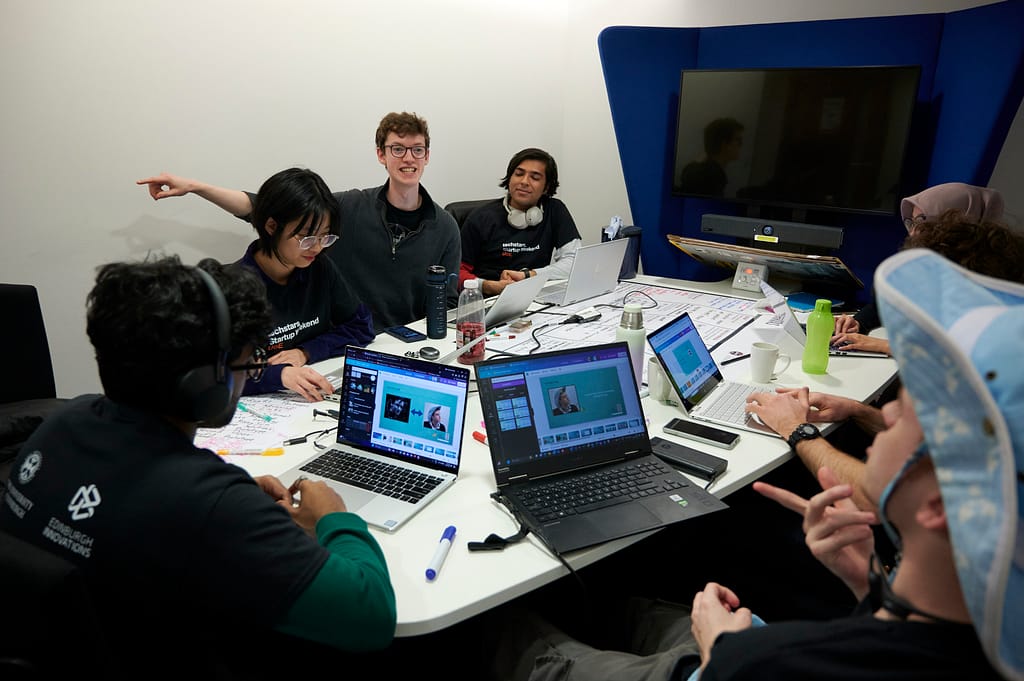
Top tips for building a startup
- Your idea needs to address a problem people have. You need to research and see if they’re really going to pay for it.
- Experiment, fail, learn, repeat.
- A startup is like a hypothesis to prove whether something works or not. It is a continuous process. Don’t work on something so you can be 100% right. Find where you are wrong.
- Don’t fall in love with your idea (high intention, low attachments). Fall in love with solving a problem. Only the paranoid survive (Andy Grove)
- First-mover advantage does not always hold water.
- No one is really going to steal your idea (I mean chances are that it is possible, but if you do not share your idea with certain people, how do you expect to get full feedback? Either way, you can put in measures to keep your ideas safe).
- You will receive conflicting advice and feedback from mentors, advisors, etc. Choose the advice you wish to take. Your customers’ feedback or advice is most often the best to follow. Apply checks and balances.
- A good way to look for startup ideas is not to think of cool ideas alone, but to look at problems you and others have.
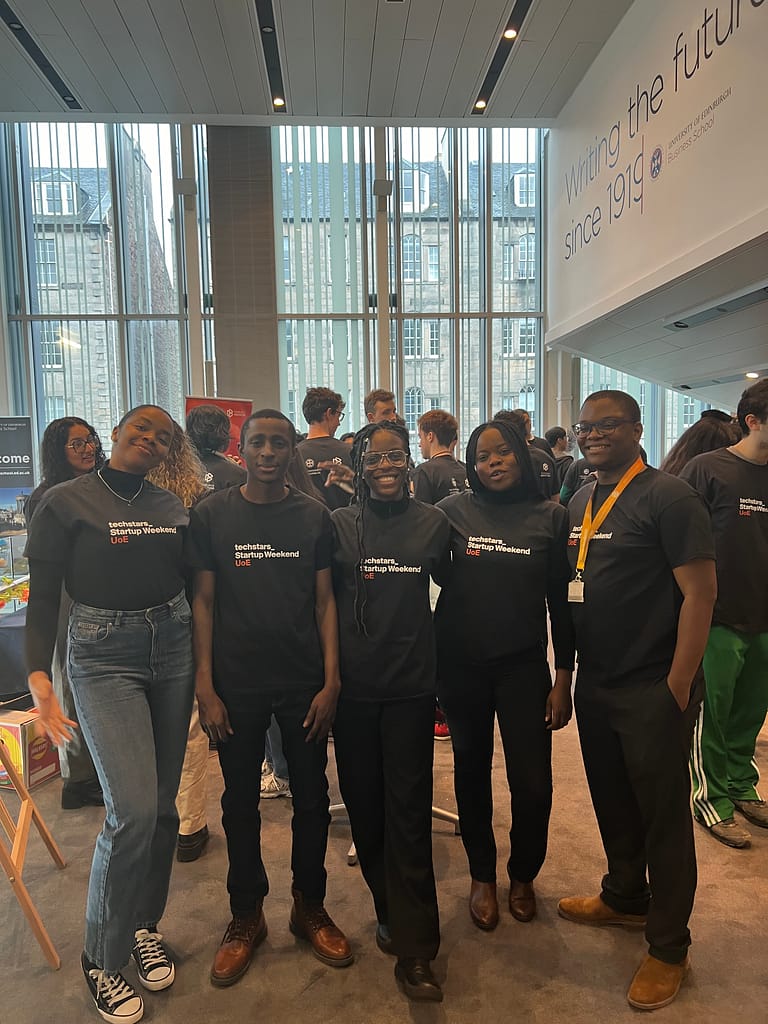
How to brainstorm in a team
One method is to use the Osborn method for brainstorming.
- Suspend judgement so people feel comfortable enough to share their ideas
- Focus on quantity, get as many ideas as possible
- Leapfrog or welcome crazy/divergent/wild ideas
Lean canvas
- Your lean canvas is a working document, so you can add or delete things from it as time goes
- When developing your lean canvas, think of now, not just 20 years from now
- Be specific in your goals, offerings, and markets. Avoid using buzz words
On customer validation
- Once again, fall in love with the problem and allow your solutions to be flexible to enable you make necessary adjustments
- People are willing to help students so use that to your advantage
- Feedback allows you to pivot
- Any feedback is good feedback because it helps move you towards where you want to be (but also yes, you can get bad feedback from people who don’t want to be helpful)
MVPs and prototyping
- It’s the minimum viable product, the first product you release. In its initial stages, it may have bugs, but it’s a working version of your product that you release to customers so they can give you feedback.
- You can create UI prototypes with Proto.io
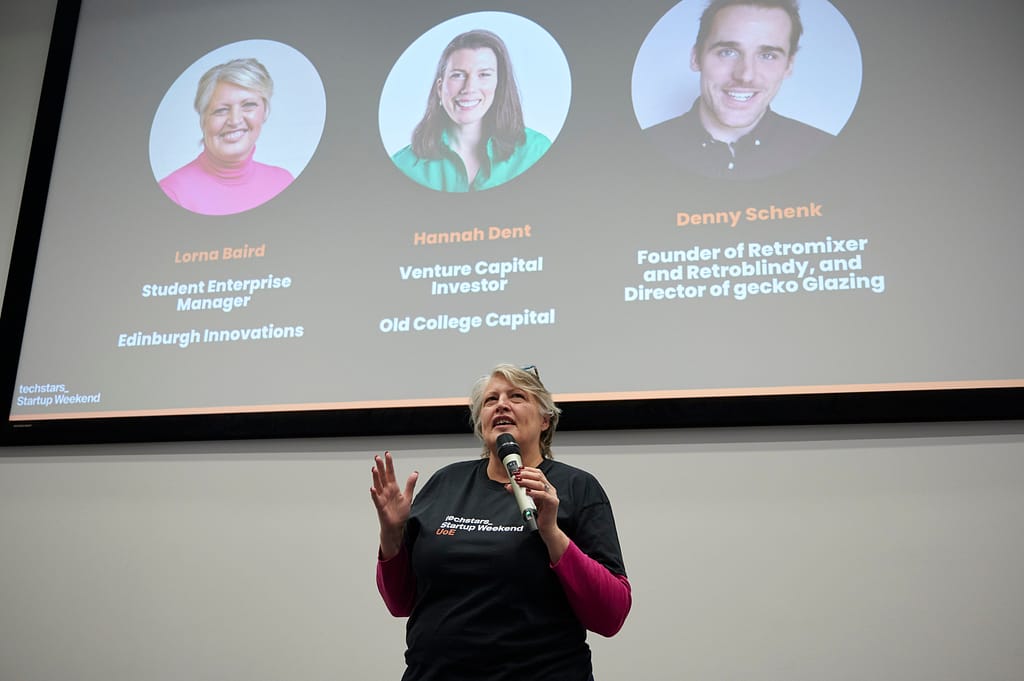
Pitching/pitch decks
- Always keep your pitch simple and straight to the point
- Focus on one or very few things and prioritise them. Better to just do one thing very well than do many things
- When you have an idea, research and validate it as quickly as possible
- One problem one solution
- Tell valid stories to connect your audience to your solution
- Think, how does your product save them time, money and energy? Don’t just sell the features, sell the benefits and its usefulness.
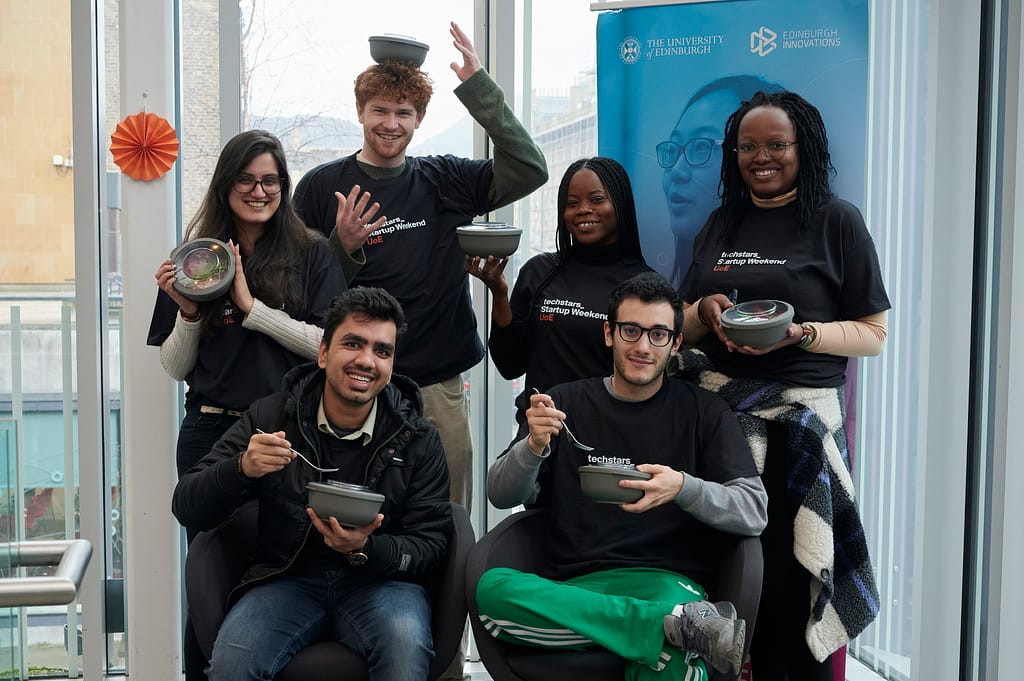
“Stories are persuasive, data is just proof,” says fundraising expert Claire Axelrad, J.D., CFRE. “Once the donor is persuaded, however, you may need to reinforce their decision-making with a little proof.”
In summary, it was a brilliant event, and I would definitely encourage as many people as possible to be part of the Techstars Startup Weekend. Many thanks to Edinburgh Innovations and all the team members and institutions who made this possible and a wee shout out to Richard and Sarah for all the emails and communique they sent to me.
Here’s how to keep up with my progress on building meaningful and creative designs for tech businesses or social enterprises on LinkedIn.
